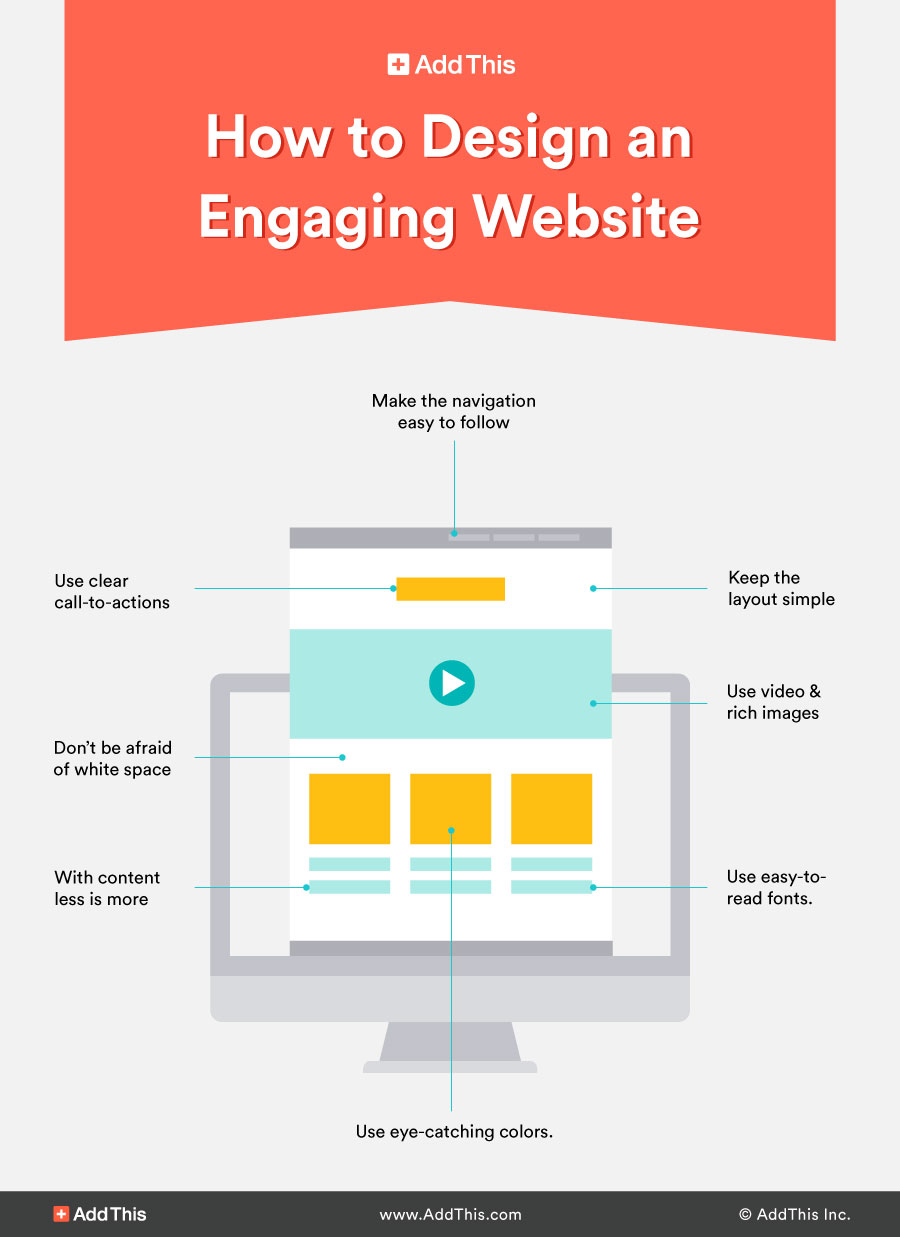To position a website has become essential for both small businesses and large companies since it offers many advantages when it comes to increasing the volume of online sales. Many are the elements that Google and other search engines use to assess the web positioning of a site.
However, search engine optimization is not as simple as using words that appeal to you or you think are convenient. It is about creating a whole strategy, and being in constant research and updating to ensure that relevance is maintained.
Surely now you are wondering: How to position my website successfully? What are my odds against thousands of established competitors?
Discover 3 strategies to follow to position your website in the first places of Google without spending a dollar:
One of the best ways to attract potential customers to your website is through SEO, that is, organic traffic. What is SEO? Search Engine Optimization is search engine optimization, that is, orienting the site so that it can appear in searches.
This is achieved mainly by taking into account the content since quality is a distinctive element. A content that responds to the user's need, promotes positioning. So, start driving your content towards searches. Discover some elements to position your website:

Title
A good title has to attract attention, generate intrigue, and while it must be related to the topic, it must also be original. The key is to think of a title that can give the user an idea of what they can find on your website and also give them confidence and professionalism.
This should be concise and written in less than 70 words, being aware of using target words that are being searched by your potential audience.
URLs
Putting a friendly URL is important since your page also appears in browser guides and social networks, and it also attracts the reader. The code of your URL should be simple and functional, to give the same message of clarity that you are looking for with your title.
Meta description
We like to see the meta description as a sales pitch. You have to ask yourself questions like, What is my audience trying to solve with my content? What are your needs? How can I write it to inspire action?
Key words
The selection of these words is essential to appear in searches and reach the right people. These must be part of planning oriented to the fulfillment of objectives and not just the result of intuition.
Some free tools that provide you with information about the terms being searched are:
In the end, this is one of the great determinants of positioning your website in search engines, since it influences the quality. For example, the faster the download speed, the better the website will rank. Because if it is slow, visitors are likely to abandon and continue browsing.

That is why it is important to check reviews, criticisms and opinions of users telling their experiences about the desired hosting, taking into account elements such as bandwidth, geographical location, download efficiency, security, technical service, reliability and response time.
In addition to the selection of hosting, there are several ways in which we can improve the user experience. Leaving SEO aside, the type of information you give your users is also important, and the way it is organized and written.
Some elements that you should take into consideration are:
Duplicated content
Having two or more pages with a copypaste causes the engines to classify it as plagiarism, punishing the site by depriving it of appearing in searches.
Use of visual resources
We must take care of the type of resources we use and the frequency with which we use them. Any image, video, audio should always be inserted with the purpose of adding value to what is being written and above all, making reading more enjoyable.
Extension
Although in SEO they ask you for a minimum of 300 words per blog, it is also important to take care of the maximum length. Because for example, an article of more than 3000 words that all it does is lengthen and is not concise ends up demotivating the reader. So, it is very important to read several times what you want to publish from the reader's point of view and analyze what changes can be made.
Encourage users to interact with your page
This is where the famous "calls to action" come in. That is, use sentences at the beginning, end and key points that make the reader perform some other action within your site such as reading another blog, subscribing, sending a message, commenting. In this way you retain users and make them return to your website and increase your position.

Directing our resources to obtain a good website position is undoubtedly something in which it is worth investing. Now we are all on the internet, and if you do not appear on the first page of Google results you are punishing your visibility by up to 90%, thereby affecting your sales and potential customers.
So, properly optimize and position your website, know your audience and their needs and orient your entire site so that you not only attract their attention if you do not position yourself in the search engines.
Read more: